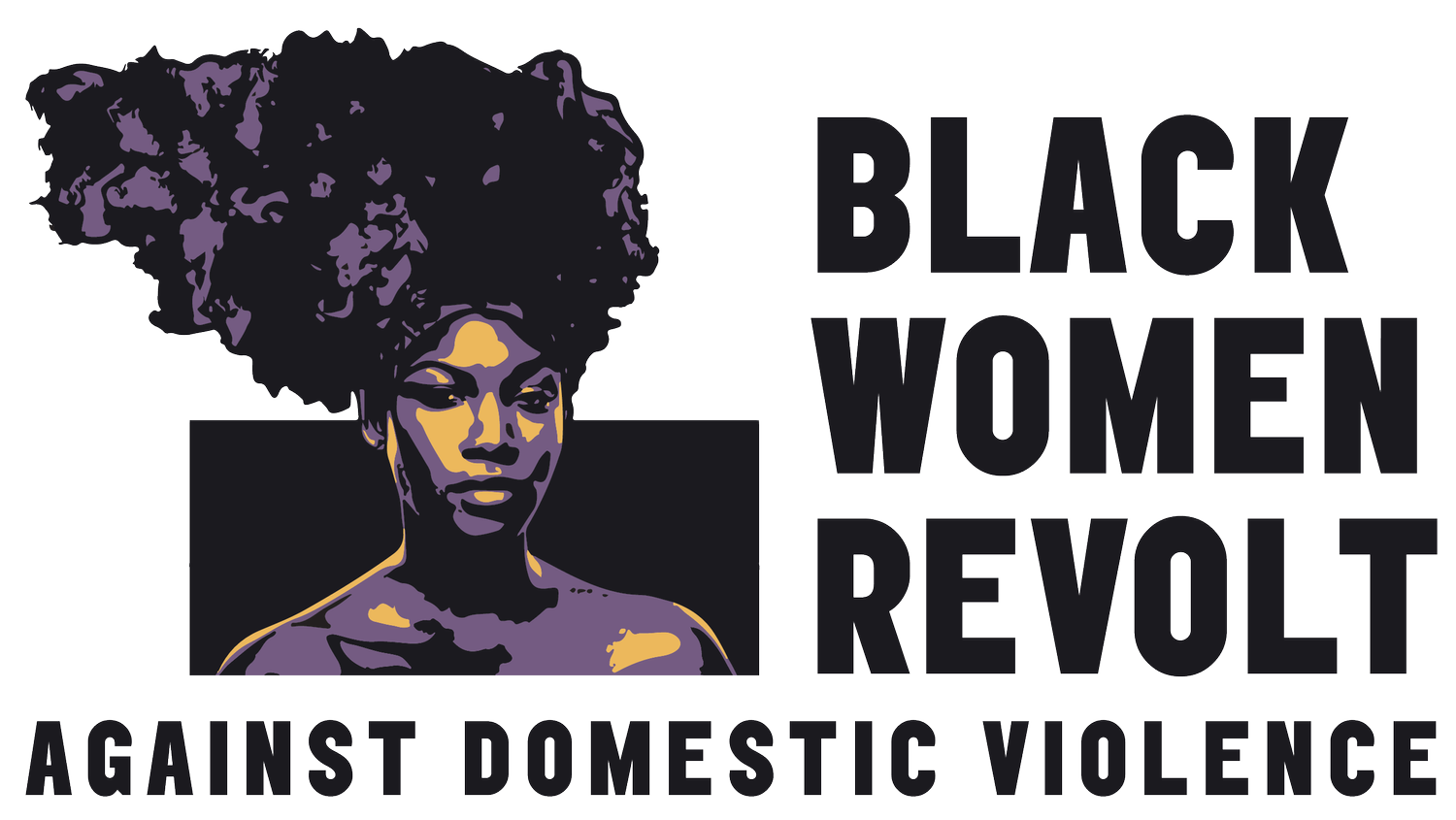
Domestic Violence in Black Communities
What is Domestic Violence?
Domestic violence is also called "domestic abuse," or "intimate partner violence.” It can be defined as a pattern of abusive behavior(s) in any relationship that is used to gain or maintain power and control over an intimate partner. There are six main types of abuse: physical, sexual, emotional, financial, technical (cyber-stalking), and/or spiritual abuse. Most victims experience at least two types of abuse with their intimate partners, which can range from: one occurrence, years of ongoing abuse, and in some cases death.
Domestic violence can happen to anyone of any race, age, sexual orientation, religion, or gender. It can occur within a variety of relationships including: same-sex couples, couples who are married, living together, or dating. Domestic violence affects people of all socioeconomic backgrounds, education levels, and walks of life. This is a “silent epidemic” that catapults families into homelessness and cycles of intergenerational violence, but it can be stopped with community, intentionality, and dedicated resources!
Social Conditions
Structural racism and generations of systemic neglect have created significant barriers for Black women seeking to protect themselves from domestic violence. At the same time, social inequality, the incarceration system, inadequate educational systems, environmental injustice, biased treatment by the police and the legal system, the lack of economic opportunities, and harmful gender norms have created massive stressors and barriers for Black families and couples.
According to the Prevention Institute, many of the factors that lead to safe communities also lead to safe relationships. These include:
Safe Neighborhoods
Economic Security
Willingness to Take Action
Housing Security
Healthy Gender Norms
The Intergenerational Cycle of Violence
Research has shown that children who witness domestic violence are more likely to have a wide range of physical, psychological and emotional impacts and are at greater risk of becoming either survivors or perpetrators of domestic violence. Children also need healing and services to recover from violence.

